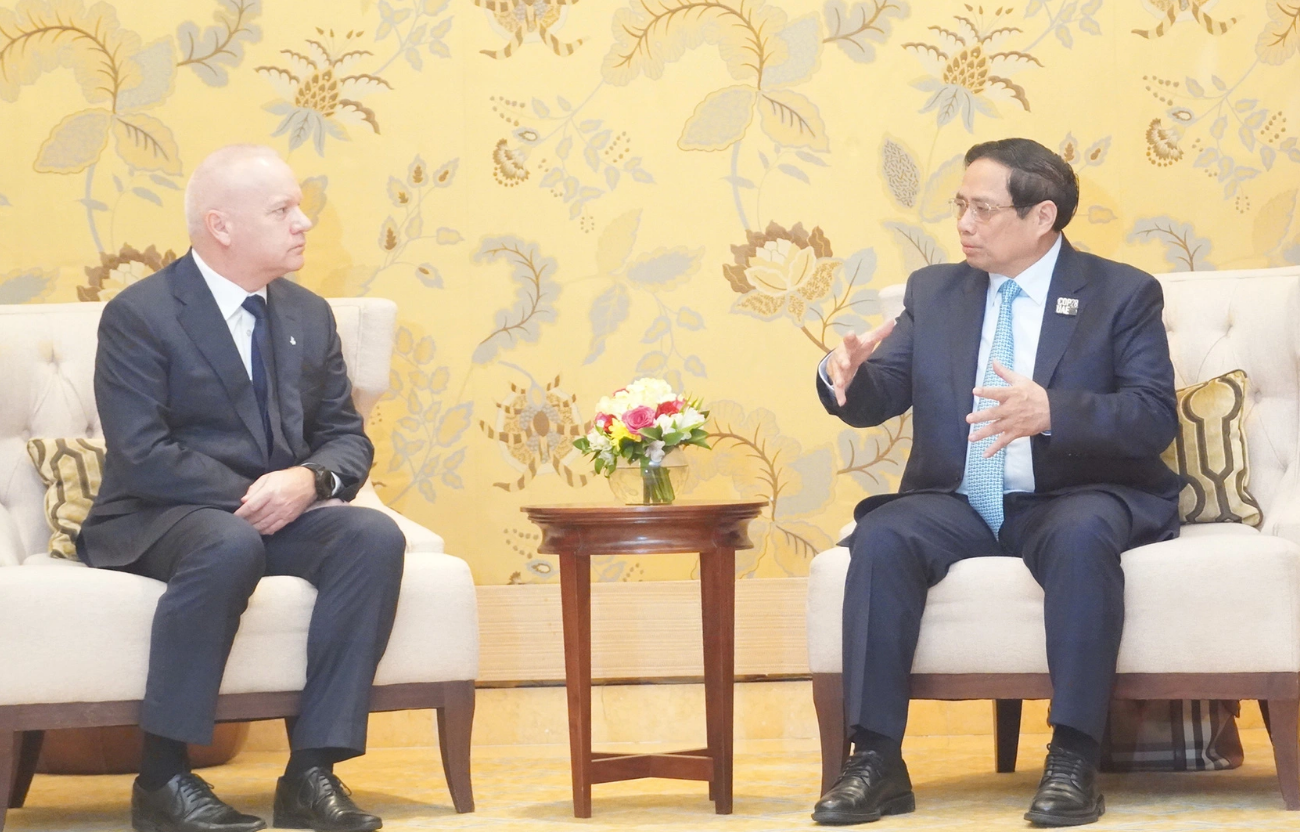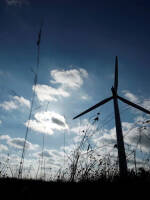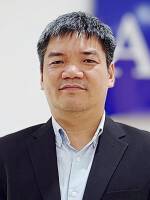
Addressing the COP28 climate summit on Saturday, Vietnamese Prime Minister Pham Minh Chinh reiterated Vietnam’s net-zero emissions goal.
Vietnam is steadfast in its commitment to achieving a net-zero emission target by 2050, he said, adding that the nation’s determination underscores its pivotal role in fostering trust among nations during the collective effort to address climate change.
Ben Backwell, CEO of the Global Wind Energy Council (GWEC), told the Vietnam Business Forum, themed “Mobilizing Resources for the Green Transition,” jointly held alongside the COP28 by the Vietnamese Ministry of Planning and Investment, the Vietnamese Embassy in the UAE and the GWEC on Saturday, that many of the council’s wind power firms had worked with Vietnamese agencies and showed their interest in building a sustainable wind power industry in the Souheast Asian country.
“Offshore wind is a cost-effective and price-predictable renewable energy solution for countries planning their energy transition,” said Backwell.
“GWEC recognizes wind power’s pivotal role in tackling climate change and energy security and we applaud Vietnam’s commitment to prioritize wind energy for sustainable economic growth and large-scale renewable energy generation.”
Anders Opedal, CEO at Norwegian oil and gas company Equinor, said at a meeting with PM Chinh in the UAE on the same day that his firm had set up a representative office in Hanoi, and expected to boost cooperation with state-run oil and gas group PetroVietnam (PVN) in the offshore wind power field.
Opedal recommended that Vietnam promptly establish comprehensive mechanisms to facilitate the growth of renewable energy, ensuring that investments in the sector yield maximum effectiveness.
Jannicke Nilsson, executive vice president at Equinor, suggested that the Vietnamese government build a detailed legal framework and complete marine space planning to facilitate the exploitation of maritime resources.
Vietnam should put together an inter-ministerial team to speed up work associated with simplifying procedures for wind power investment, she recommended.
John Rockhold, the leader of an energy-focused working team at the forum, told Tuoi Tre (Youth) newspaper the importance of creating an appealing electricity purchase contract to attract foreign investors. Additionally, he highlighted the need to foster the development of a local supply chain.
Dao Xuan Lai, head of the Climate Change and Environment Unit of the United Nations Development Program in Vietnam, said that to achieve net-zero emissions, Vietnam should remove obstacles to investment capital mobilization.
Transitioning toward a green economy, embracing circular practices, and reducing carbon emissions will incur substantial costs, he said.
Lai suggested Vietnam should concentrate on instigating institutional reforms and building a transparent investment climate to raise high-quality capital inflows.
Another of his recommendation was that the country should accelerate technology transfer, while bolstering international cooperation in offshore wind power, solar power, and smart electricity transmission development.
In response to these suggestions, Prime Minister Chinh affirmed that Vietnam is placing a priority on green and digital transitions, along with a focus on the circular economy and innovation.
In addition to supporting and facilitating favorable conditions for investors, the Vietnamese government leader affirmed a commitment to addressing legal procedure obstacles and refining pricing frameworks to cultivate a robust investment environment.
PM Chinh arrived in the UAE early Friday morning (Vietnam time) to attend the COP28 and other activities at the invitation of the UAE government.
His trip was scheduled to wrap up on Sunday.
Tieu Bac – Ngoc An




